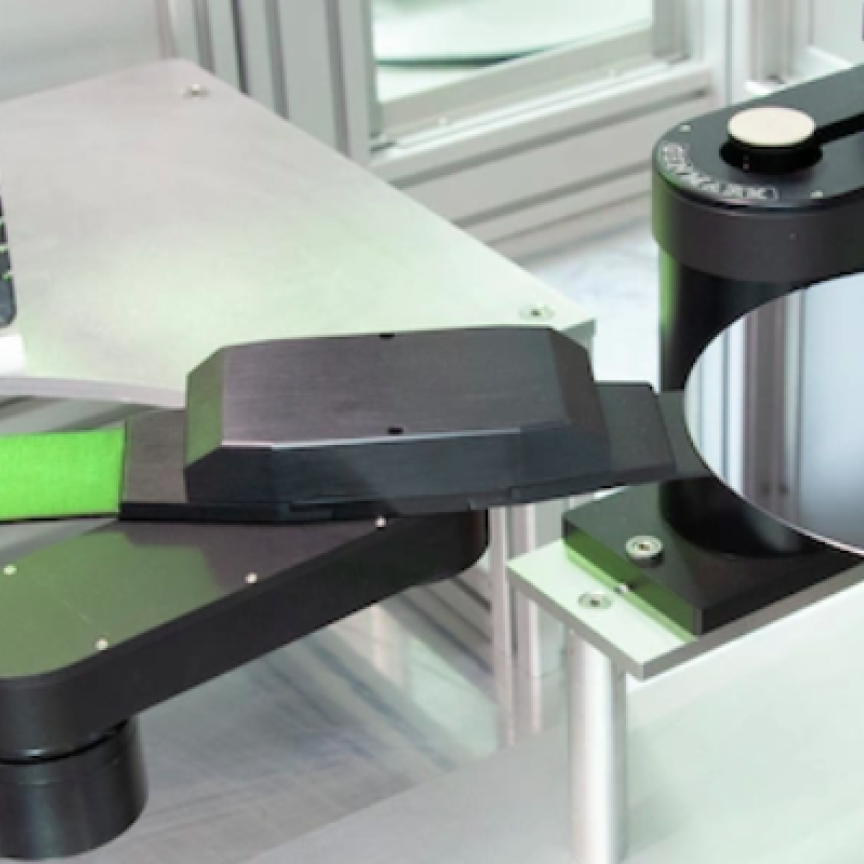MagnaChip Semiconductor, a designer and manufacturer of analog and mixed-signal semiconductor products, announced today that it now offers Foundry customers a 0.18 micron BCD (Bipolar-CMOS-DMOS) 200V high-voltage process. This new BCD process uses SOI (Silicon On Insulator) substrates with solid high-voltage isolation and extends MagnaChip’s existing BCD processes from 100V to 200V. Having 200V devices in a BCD process is valuable because it enables a Power IC to be designed for high voltage applications, including automobiles, electrical vehicles, industrial motor drivers, ultrasonic medical imaging systems and solar panels.
Utilizing SOI substrates and MagnaChip’s proprietary deep-trench isolation technology provides advantages over the bulk silicon based BCD that include higher isolation breakdown voltage, smaller isolation size, better substrate noise immunity, latch-up immunity and high-side isolation of power blocks with insulating silicon dioxide layer between active silicon layers and substrates. In this technology, two types of power LDMOS technology (Laterally Diffused Metal Oxide Semiconductor) are supported up to 200V.
The first type has low specific on-resistance (Rsp), which increases packing density of power blocks. The second type supports full ranges of SOA (safe operation area) to guarantee long-term reliability with all ranges of VDS (Drain-to-Source voltage) and VGS (Gate-to-Source voltage). Foundry customers can select either type, depending upon their circuit requirements.
Many valuable option devices are also supported in the new 0.18 micron 200V BCD process to enhance design integration and flexibility. The option devices include high performance bipolar transistors, Zener diode, Schottky diode, high resistance poly resistor, metal-insulator-metal capacitor, metal-oxide-metal capacitor, electrical fuse and multi-time programmable memory.
Certain end markets, including automotive, require that power ICs are capable of achieving high-temperature reliability and high operation voltages. This is especially the case for Electric vehicles and hybrid cars as more 48V battery systems are adopted. To meet these increased demands, MagnaChip’s new 200V BCD technology was qualified based on the automotive-grade-qualification specification of AEC-Q100 with Grade0 temperature condition between -40 to 150 °C.
YJ Kim, Chief Executive Officer of MagnaChip, commented, “We are very pleased to offer our 0.18 micron 200V BCD process solution for attractive applications including electric vehicles and solar panels." Mr. Kim added, “Our goal is to continue to increase our power technology portfolio to meet the demanding requirements of our Foundry customers in various markets”.

